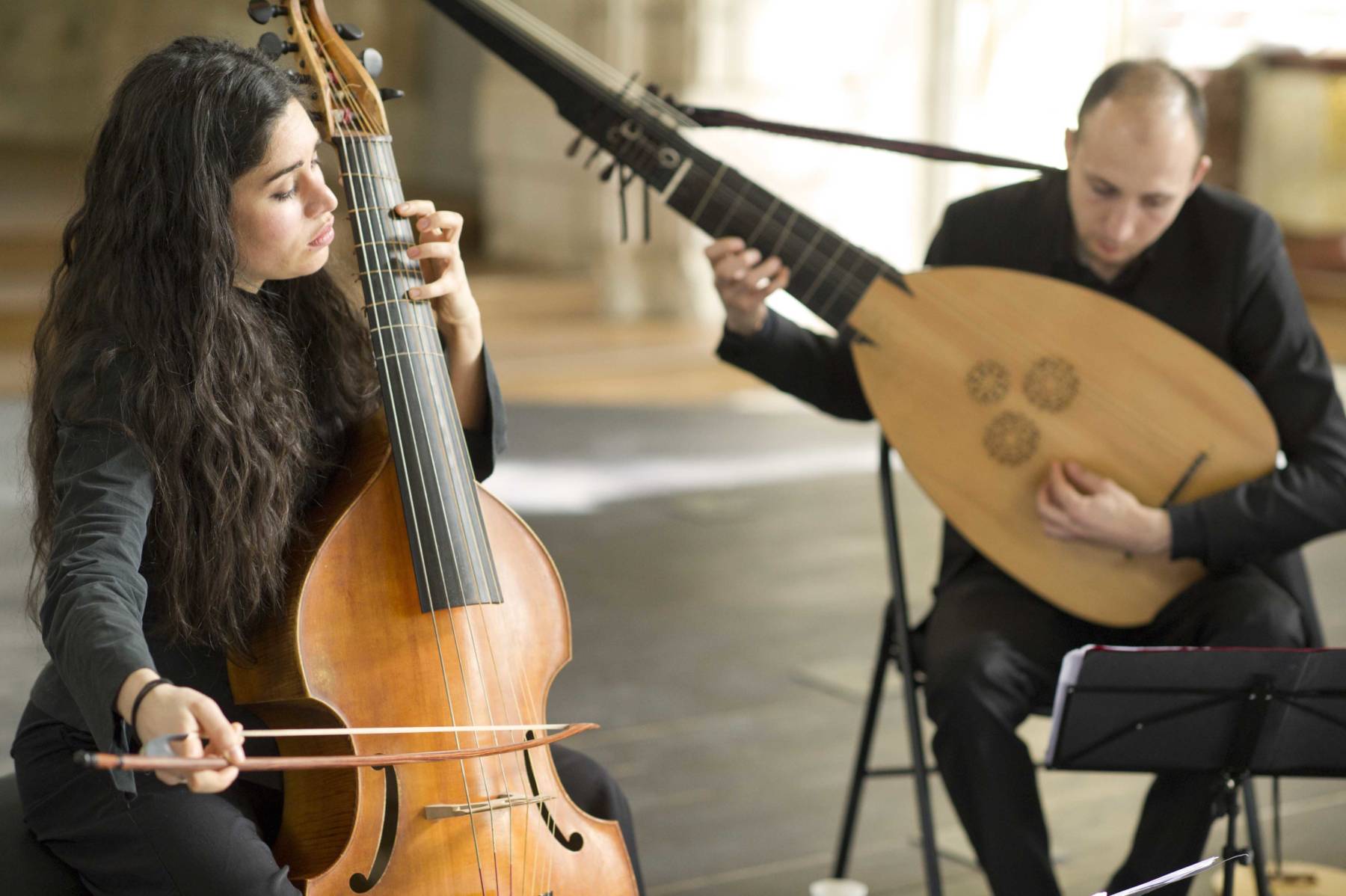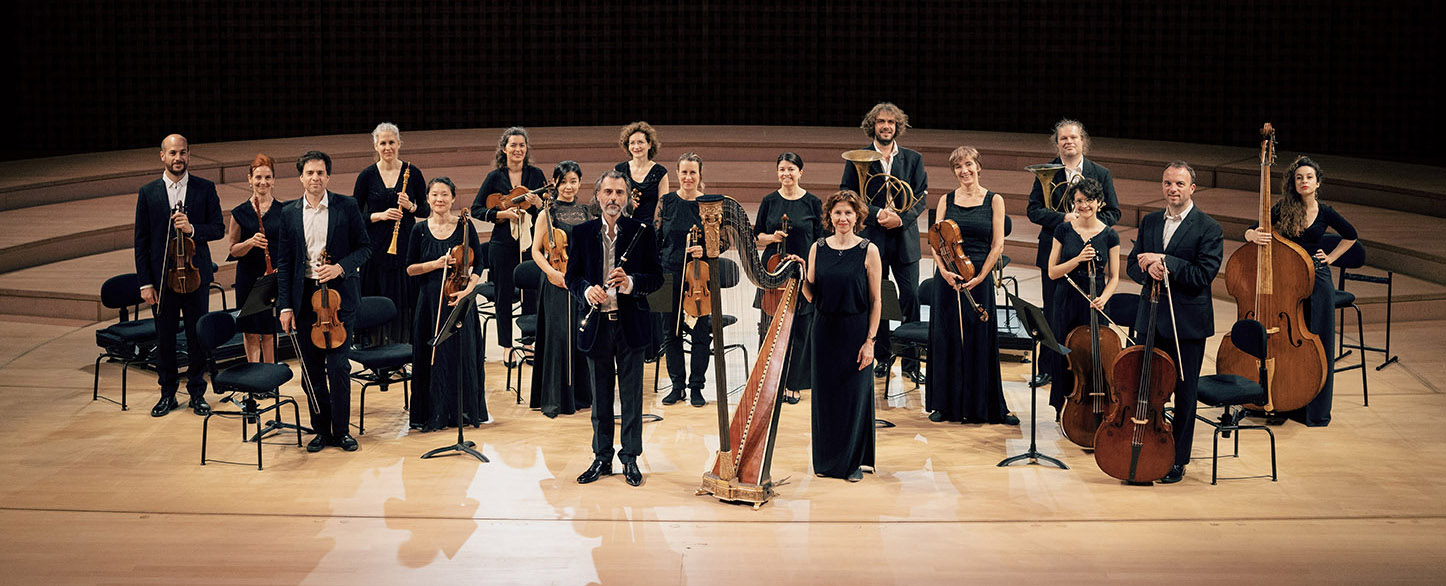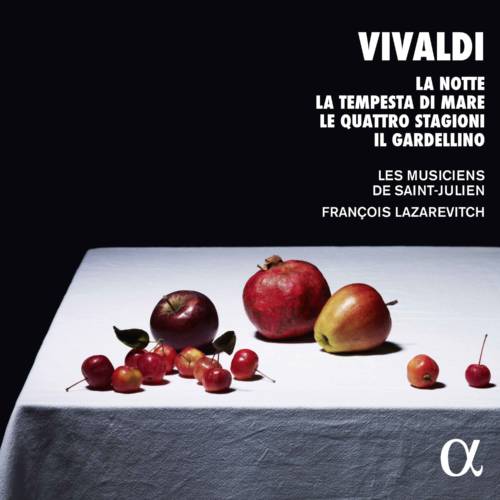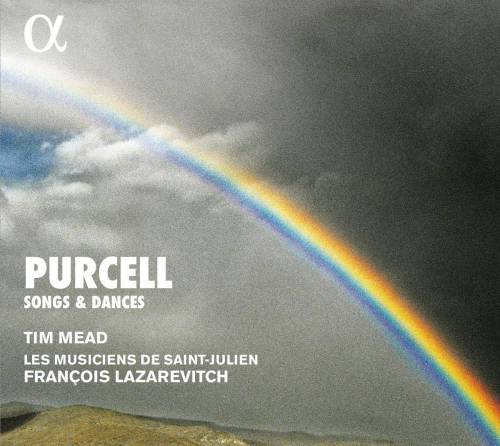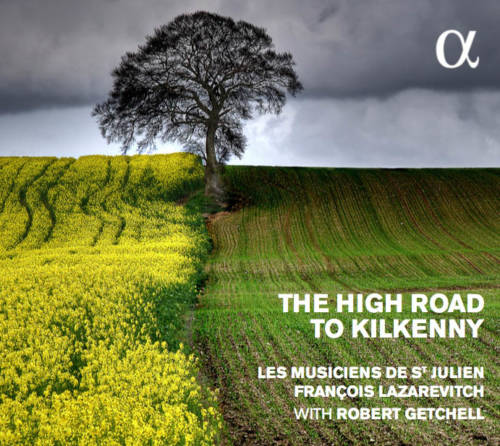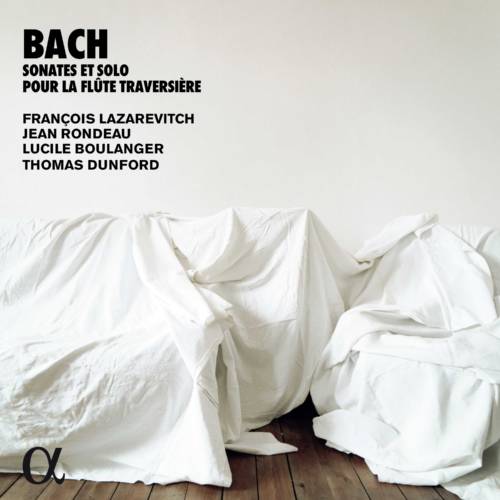Outreach
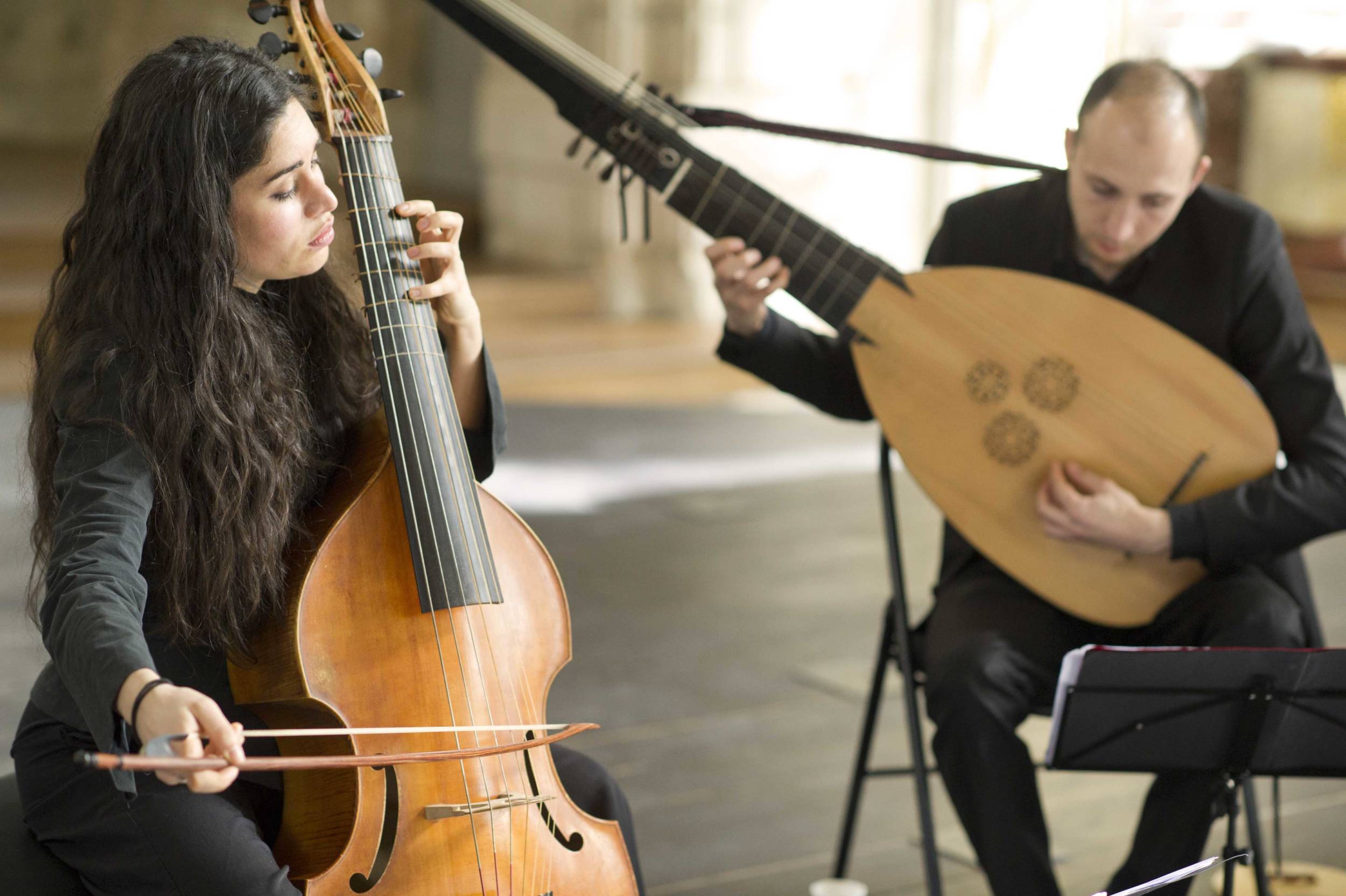
Les Musiciens de Saint-Julien regularly intervene in a wide variety of contexts (conservatories, schools, teacher training, prisons, etc.), designing and producing tailor-made projects.
With this in mind, they publish scores and offer lectures and master classes…
Scores
Original editions
A collection of scores for practising the Musiciens de Saint-Julien repertoire as a soloist or in an ensemble.
The repertoire of the Musiciens de Saint-Julien is the fruit of in-depth research. Three volumes are currently available in this collection, which makes the scores of the ensemble’s programmes available to the public.
Particular attention has been paid to the layout, with the creation and use of musical signs and typefaces in the spirit of early music publications.
I have come to believe that by listening to you, La Fürstemberg, John Anderson my Jo, Sir Ulik Burk, etc., singers and instrumentalists of all levels will enjoy, as we do, playing these magnificent repertoires, which are suitable for both solo and ensemble playing.
Giuseppe Tartini, Règles pour arriver à savoir bien jouer du violon
The High Road to Kilkenny
Musique française des XVIIe et XVIIIe siècles
For ever Fortune
Masterclass
Techniques for playing early instruments to enhance understanding, style and emotion.
François Lazarevitch teaches at the Conservatoire de Versailles, and holds a CA in early music and a DE in traditional music. He regularly gives master classes in France and abroad.
The ensemble’s musicians also enjoy sharing their musical knowledge (violin, lute, viola da gamba, etc.).
Conferences
Performing early music
Better understand and interpret early music through
through ancient sources and oral tradition
Playing early music today raises many questions. How can we understand and integrate the elements of a musical language whose tradition has been interrupted for several centuries?
François Lazarevitch talks about the sources on which his interpretation is based, reading ancient texts, practising oral music styles and listening to ancient mechanical musical instruments.
Using musical examples, he discusses the themes of ornamentation, ‘cadence’, unequal notes, articulation, playing for dance, etc.
A lecture presented on screen, using PowerPoint software.
Duration 1h30
